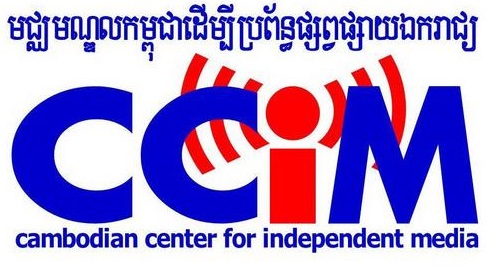Context
Cambodian media do not exist in a vacuum but are dependent on the political, legal and social context of the country. Media diversity and journalistic tradition in Cambodia evolved along historical and political changes during periods of French and (short) Japanese occupation, the escalation of the Indochinese war, the brutal Khmer Rouge era, and its long aftermath of Vietnamese occupation, the People's Republic of Kampuchea and the UN Mandate leading towards Modern Cambodia since 1993.
It equally depends on the legal framework that guarantees freedom of speech and press, and encourages media – but seems to lack behind in preventing media concentration and inhibiting political influence hidden in ownership structures.
Looking at the economic situation, mostly state media gets cash injections trough state funding and advertising. Private media outlets often don't manage to keep up or are cross-subsidised through other businesses that their owners run. This also keeps journalist’s salaries low.
The characteristics of the Cambodia society, from literacy rates to consumption habits, determine which media outlets or media types dominate and which will thus presumably have the strongest influence on public opinion.






